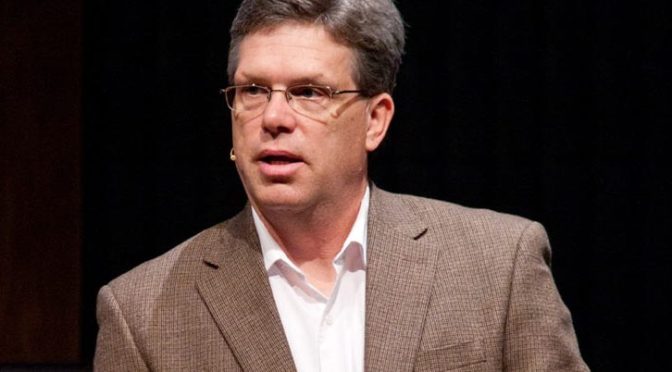Here’s the video, featuring my favorite pro-life speakers Scott Klusendorf. Scott is the founder and President of the Life Training Institute. LTI’s mission is to make a rigorous, rational defense for pro-life positions with respect to a variety of ethical issues. If you listen to Scott, you will learn a lot, and learn it from someone who has been tested on the battlefield of ideas.
Three topics:
- right to life of the unborn
- reproductive technologies
- end of life questions
40 minutes of guided discussion, 20 minutes of Q&A. This video was apparently recorded in the summer of 2016.
Abortion:
- the 1-minute case for the pro-life position (excellent)
- dealing with those who dismiss the pro-life case as religious
- how and when do people win arguments?
- how does one get better at discussing moral issues?
- who are some of the best books to get informed about life issues?
- what are some of the best books from the other side?
- what is the SLED test? do pro-abortion scholars accept it?
- if abortion were illegal, who should be punished and how much?
- is it inflammatory and dangerous to say that abortion is killing?
Assisted reproductive technologies:
- how should we speak to people considering ARTs?
- what is the underlying issue in ART discussions?
- should pro-lifers be opposed to all use of ARTs?
- what should pro-lifers think about surrogacy?
- which books provide an introduction to ART ethics?
End of life issues:
- what is the central issue in end of life discussions?
- should treatment always be continued or are there situations where treatment can be withdrawn?
Final issues:
- if a student wants to take courses in bioethics, where should they go to take courses or do a degree?
- what is the policy situation for pro-lifers in terms of legislation and SCOTUS decision-making?
- what are some policies that pro-lifers can support as incremental measures that move the issue in the right direction?
I liked this discussion. I tried to listen as someone new to the issue and he did a good job of not assuming any prior knowledge of the debate. My favorite part was his survey of books and arguments on the other side, and what they say. I don’t think that most people realize what the implications of the pro-abortion worldview really are for things like infanticide, and so on. The discussion about who should be punished for abortion and how much was new to me – and that actually came up during the last election, during the GOP primary. Personally, I would let the woman get off, and just prosecute the doctor.
It’s very very good to listen to crystal clear thinking on these controversial issues from someone who has encountered the other side in their writings, and in public debates with them. Not to mention having to interact with people making decisions in these areas.


